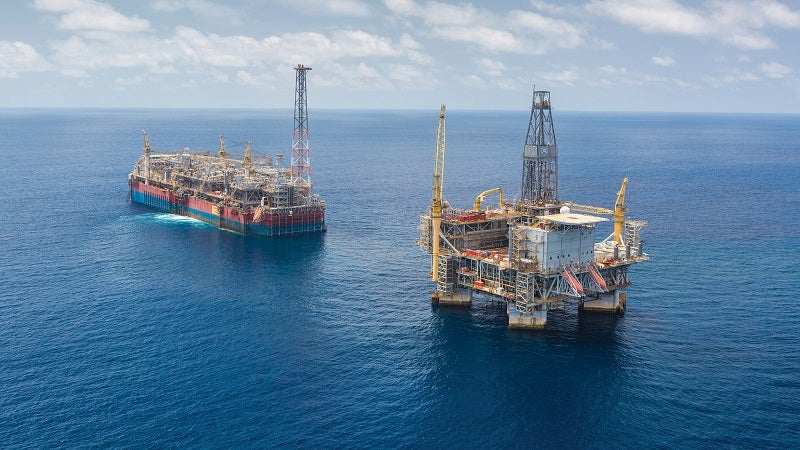
International non-profit organisation Global Witness has published a report, stating that the $4.9 trillion invested in oil and gas exploration is incompatible with global climate goals.
The report, Overexposed, compares industry forecasts for investment and production with climate scenarios used by the Intergovernmental Panel on Climate Change.

Discover B2B Marketing That Performs
Combine business intelligence and editorial excellence to reach engaged professionals across 36 leading media platforms.
Overexposed finds that oil and gas production from fields in development or not in production would exceed what climate scenarios indicate could be produced while still limiting global warming to 1.5°C, as per the terms of the Paris Agreement.
According to the report, the $4.9 trillion worth of investments in oil and gas are only compatible with the Paris climate goals scenarios that assume massive carbon capture and removal are used in the future. Overexposed claims this cannot be assumed as the technologies for such carbon removal are unproven at scale, with only two power stations in the world capturing CO₂ following investments of $28bn.
The report adds that ExxonMobil is expected to spend the most in new fields over the next decade, followed by Shell. These two multinationals, along with Total, BP and Chevron are expected to spend over $550bn on oil and gas production and exploration.
Senior campaigner at Global Witness and author of the report Murray Worthy said: “There is an alarming gap between the plans of oil and gas majors and what the latest science shows is needed to avoid the most catastrophic and unpredictable climate breakdown.”

US Tariffs are shifting - will you react or anticipate?
Don’t let policy changes catch you off guard. Stay proactive with real-time data and expert analysis.
By GlobalData“Investors will rightly be concerned that despite industry rhetoric to the contrary, the oil and gas sector’s spending plans are so drastically incompatible with limiting climate change. This analysis should encourage the escalation of investor engagement efforts to challenge oil and gas majors to credibly align their business plans with the Paris goal.
“Blindly pushing ahead comes with huge financial risks for investors, either as a result of the transition to a low carbon economy, or as the devastating consequences of a changing climate stack up.”
The report comes ahead of BP and Shell’s annual general meetings in May, in which they are expected to face questions from investors about their global climate goals. Both oil majors have recently made efforts for transparency in its climate change targets, with BP and Shell publishing an audit of its trade associations’ climate positions on 3 April.
Despite this, Global Witness reports that “both companies forecast investments are far from aligned with achieving the Paris goals”. BP also came under criticism in March for lobbying against key methane regulations in the US despite claiming to support the Paris Agreement.





